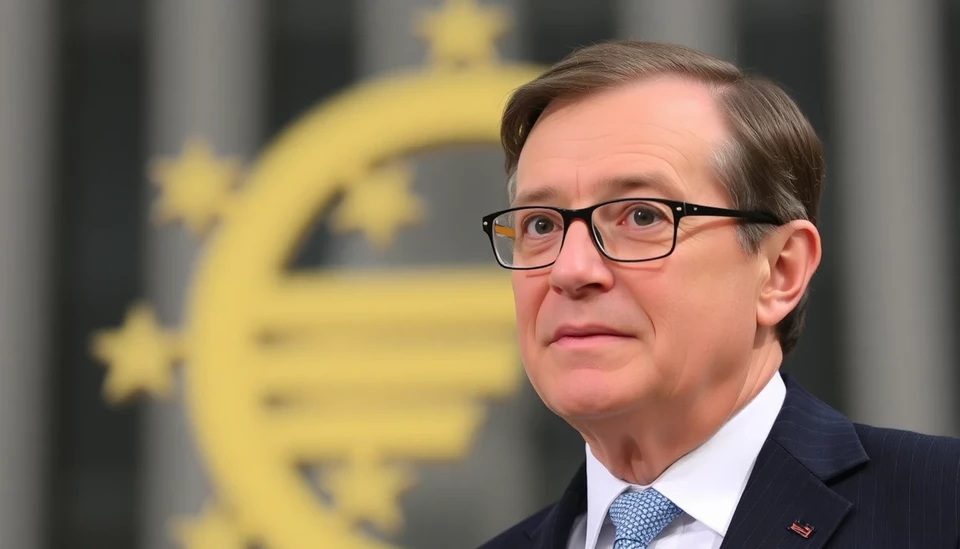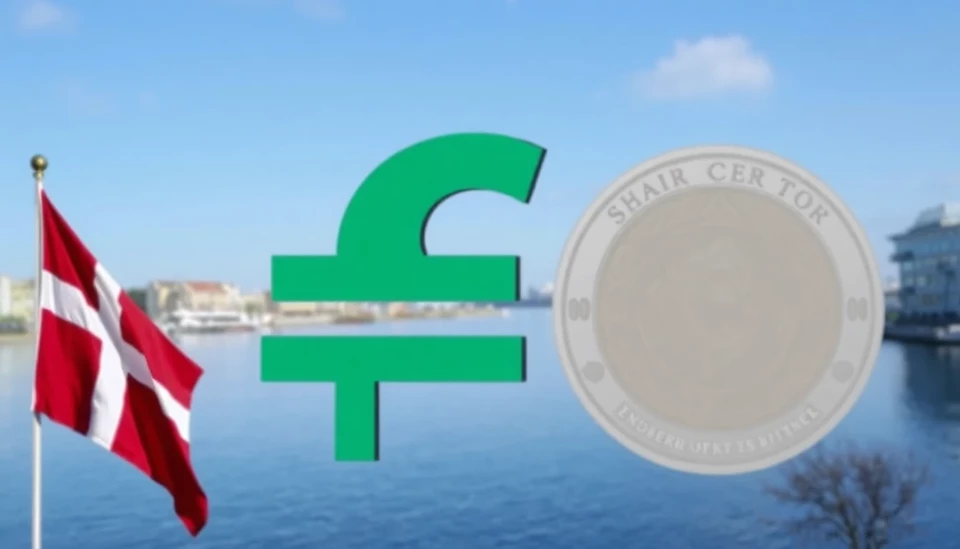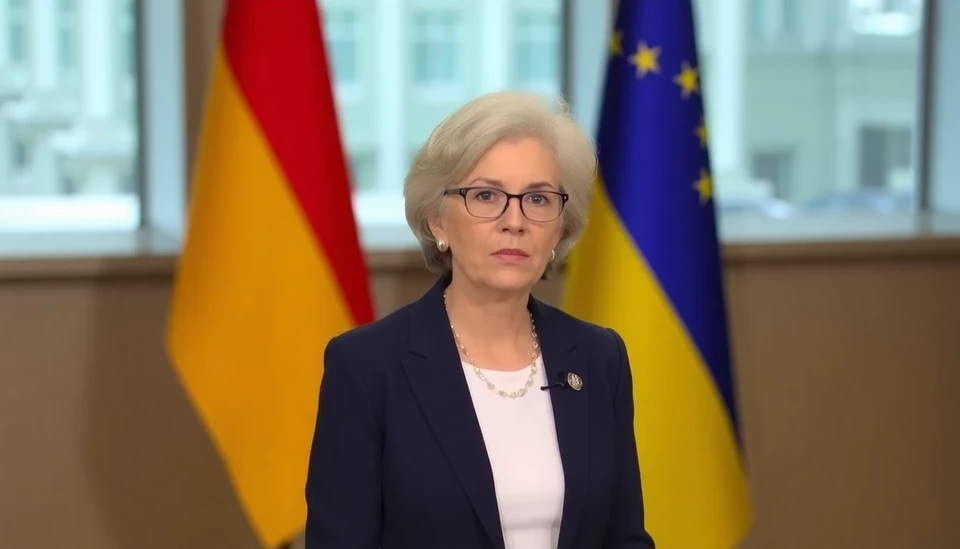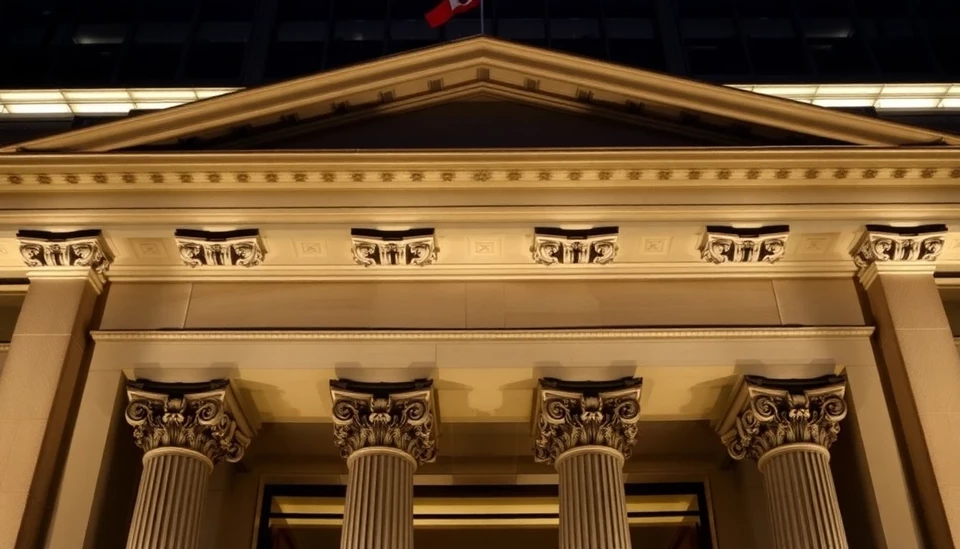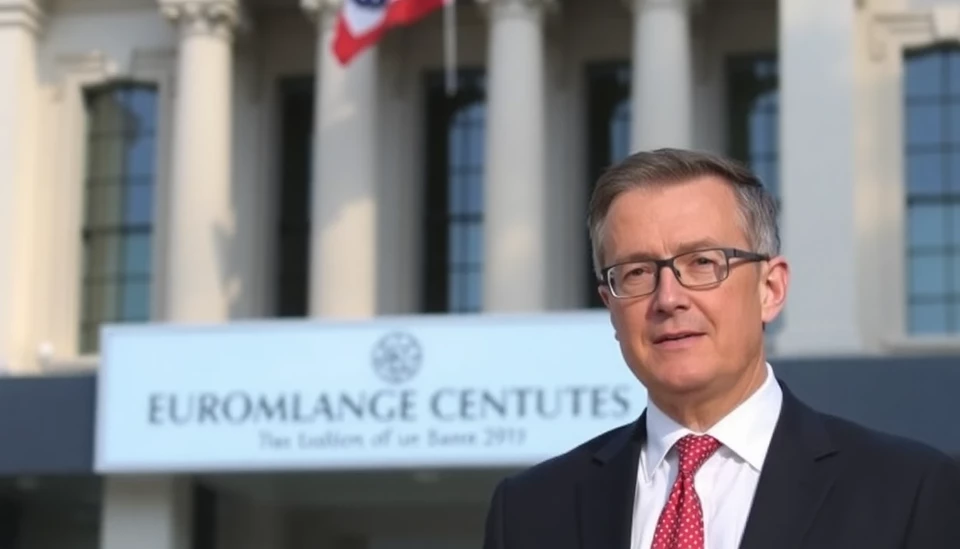
The European Central Bank (ECB) is on track to increase its interest rates closer to the 2% mark by early autumn, as stated by Governor Yannis Stournaras in recent remarks. This forecast highlights the ongoing commitment of the ECB to manage inflation and bolster economic stability in the Eurozone.
Stournaras, who is also a member of the ECB's governing council, emphasized the importance of maintaining a cautious yet decisive approach in monetary policy. Given the current economic landscape, which includes rising inflation rates across the Eurozone, the ECB is engaging in a careful review of its strategies to ensure sustainable economic growth.
The projected rise in interest rates is anticipated as a response to the persistent inflationary pressures that have been affecting various sectors. These pressures have prompted discussions among ECB officials about the need for a structured approach to navigate through the challenges posed by inflation while supporting economic recovery.
In his statements, Stournaras pointed out the central bank's dual mandate to promote price stability and foster conditions conducive to economic growth. He acknowledged that while the current measures have been effective in the short term, a gradual increase in rates will be necessary to prevent the economy from overheating, which could lead to more significant issues in the future.
Furthermore, economic analysts are closely watching the ECB's moves, as any adjustments to interest rates can significantly influence consumer spending, investment decisions, and overall economic confidence throughout the Eurozone. The focus remains on achieving a stable economic environment that can withstand external shocks and internal pressures without compromising growth.
The anticipated increase in rates to around 2% marks a significant shift from the ultra-low interest rates that have characterized Eurozone monetary policy in recent years. This transition reflects a broader trend among central banks worldwide, as they recalibrate their policies in response to the changing economic landscape and inflation risks.
As the situation develops, Stournaras’s comments have sparked discussions among economists regarding the timing and magnitude of the potential rate hikes. Many experts believe that responding too aggressively could hinder economic recovery, especially in sectors that are still recuperating from the effects of the pandemic.
In conclusion, the ECB's prospective rates adjustments illustrate a critical phase in the management of Europe's economy. These developments will undoubtedly influence market dynamics and policy formulations in the coming months, making it a vital issue for stakeholders across the board.
#ECB #InterestRates #Eurozone #EconomicStability #Inflation #YannisStournaras
Author: Rachel Greene
